Trans kids and their families lost in maze of gender ideology anguish
Amid a raging public battle, thousands of parents across Australia are privately struggling with a transgender culture that has their children in its grip. Lost and angry, they’re ready to speak out.

It was a sunny weekend afternoon four years ago when Elizabeth discovered her 13-year-old daughter was binding her developing breasts with packing tape.
The DIY chest binders have caused lasting physical damage to her child’s nerves. “I used to use whatever I could get my hands on,” says Elizabeth’s child Jack, who is now 17 and identifies as a boy. “I can’t feel half of the skin on my chest now.”
The physical damage to Jack’s skin is matched by the extraordinary mental anguish for the teenager – and his mother – of confronting body dysphoria amid a culture in which gender has become politicised and weaponised.
“I wouldn’t wish gender dysphoria on anyone, it’s basically a living hell,” Jack says.
“Going through puberty sucks. And if you’re given the option to jump to the other side, a lot of people would.
“I was told that I could just transition and become a man and it would be that simple. But there are a lot of complicated issues, because when you really get down to it, the way gender dysphoria works is not that different to something like an eating disorder.
“And you don’t just give people with eating disorders liposuction.“
Such a notion flies in the face of mainstream psychiatry, which stresses gender dysphoria is not a mental illness, and the approach broadly adopted in medicine to affirm a child’s perceived gender as the basis of therapy and treatment.
But Jack’s mother was in no doubt she was faced not with a child who believed she was truly a boy, but with a girl who was desperate to hold back the march of puberty, her visceral disgust at developing womanhood taking place amid a peer backdrop of hypersexualised young teenagers obsessed with gender identity, increasingly exposed to pornography and immersed in online trans culture.
The rise of transgender culture – along with its corresponding backlash – is triggering rancorous debate within politics, medicine and education. But those at the coalface are children. Hundreds of teenagers around the country are currently being treated with puberty blockers and cross-sex hormones at gender clinics in children’s hospitals as they medically transition gender.
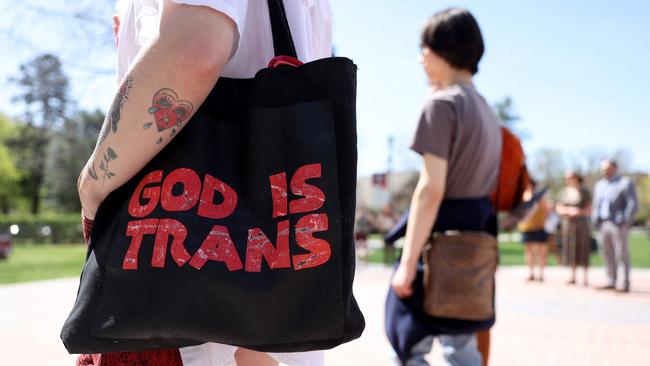
A decade ago, the number of children seeking treatment for gender dysphoria was small. Victoria’s Royal Children’s Hospital’s gender clinic – the largest in the nation – was treating just over 100 patients in 2014. By the end of last year, its patient numbers had swelled to about 1100, 674 of them girls. Fifty-six of those children were on puberty blockers and 49 had been prescribed cross-sex hormones. Perth Children’s Hospital was treating 597 children last year, 433 of them girls.
Around the world, a reassessment is taking place of the dominant model of gender-affirming medicine. UK pediatricians raised concerns that doctors at London’s Tavistock Clinic were failing to undertake comprehensive assessments and healthcare of vulnerable children and last year the clinic was ordered to close. Britain is moving towards using puberty blockers and cross sex hormones only in the context of clinical trials.
NSW senior physicians have also voiced misgivings, with the leaders of Westmead Children’s Hopsital’s gender clinic questioning in a recent academic paper whether the explosion of young people experiencing gender distress – particularly when it was late-onset, emerging only in adolescence – was driven in part by so-called social contagion.
“The absence of prior history raised questions that this particular group of adolescents were being drawn to the construct of gender dysphoria because of some evolving social process,” the doctors said.
Only a fraction of the children suffering gender distress and dysphoria end up at the large hospital clinics. There are many thousands of other families navigating the transgender minefield largely on their own.
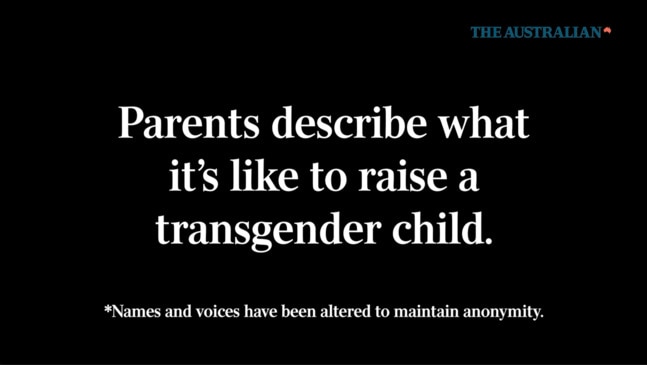
Families have no rule book for how to proceed. They are banding together for support in online groups and clandestine loungeroom meetings, sharing experience, research and frequently, personal devastation.
Amid the raging public culture war, they have navigated their children’s journeys privately. These families say the time has come for an honest accounting of a vexed issue for which there should be no binary response or proffered solution.
“I always felt like an outsider,” says Jack, who like a sizeable proportion of children being treated at gender clinics around in the country, is on the autism spectrum. I know I think differently. I didn’t really have the signs of being classically trans. But I didn’t fit in with the girls around me. I didn’t like how my body was out of control. Everything in my life was out of control. I have some kind of deeply rooted self-hatred and disconnect with my body. It’s a feeling like you’re something other than your body. I would beg for surgery when I was about 12 or 13. I wanted puberty blockers so I wouldn’t develop anymore in that direction that was so alien to me.
“At school, I was in the group of outsiders. When we were all 12 years old, gender was a big topic at school. My friends were all talking about how they were trans and they were going to transition. They were watching a lot of trans YouTubers. When I watched them it gave me some kind of hope that maybe I could be okay with my body in the future, like there was hope if I transitioned.”
Elizabeth says she “never saw in my child a child that was a boy or in any way male”.
“They told her that I was wrong to say it’s normal to be uncomfortable at puberty,” she says. “But what we’re talking about here is the discomfort of puberty, and it’s being rebranded as being trans. “I saw a female child who was afraid of womanhood. There was nothing innate about gender going on, I could just see distress. I saw gender being used as a mask for huge fear and pain and discomfort.”
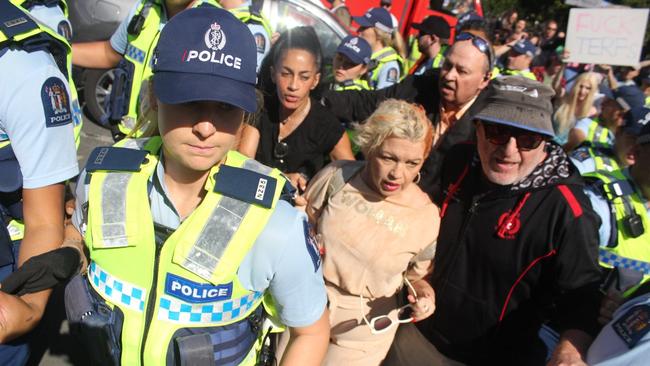
As a parent, Elizabeth chose to walk a path of caution in the face of pressure from all quarters to unquestioningly affirm her child as a boy. “I’m doing my best with the lack of rule book around this,” she says. “There’s no way to know if you’re doing the right thing. I’m always honest about that, just not knowing. We’re just trying to allow our kids to grow up and develop their sense of self. In previous generations we’ve all been allowed to explore identities and different looks. Nobody was tattooing their goth kids’ eyeliner on their faces. The idea that these kids are exceptional, that gender is so unique, it just doesn’t make any sense in terms of what we know about adolescence.”
Yet by and large, healthcare professionals took a different view. The first child and adolescent psychologist Jack saw at 12 years old affirmed him as the opposite sex and said he could medically transition in the future if he wished. “I was sold this lie that if I become a medical patient for life, I’ll be happy,” he says.
He wishes he had been helped to explore the reasons he felt so alienated in every aspect of his life: “I think from the get go, if I had been given help for the underlying issues, like the causes of my dysphoria, the things that were really behind it, if they didn’t let it get this bad, if I was basically taught not to hate myself, I wouldn’t be in this situation.”
Despite the enormous pressure the issue has placed on Jack and Elizabeth’s relationship, the mum and child are muddling through together, bonded by love and a shared understanding that right now, there are no answers.
Bethany’s story: ‘You could say this was an experiment on children’
A few suburbs from where Elizabeth is doing her best to keep her family intact, another Melbourne mother receives a phone call from an unknown number.
The caller is a teacher, Louise, who is crouching at the back of dark empty classroom, the door closed and the lights switched off.
“Anna, I got your email, do you have a moment?” Louise says when the mother answers the call.
Earlier that day Anna had sent an email to her 16-year-old daughter’s school demanding an explanation as to why she was apparently being referred to at school by a boy’s name and why no attempt had been made to discuss the issue with the parents.
“The gender affirmation you may believe is a positive step, is not helping our child resolve what is actually happening and it is undermining our effort to assist her in critically evaluating her rapid onset of gender dysphoria,” Anna had written to the schoolteachers.
Anna’s daughter Bethany had already been spiralling into anxiety and mental anguish for some time – before she followed several of her school friends in “coming out” as trans in a letter that appeared adapted from a pro-forma script. Bethany had never in childhood exhibited any signs of identifying as the opposite gender. Yet at the psychology sessions the family sought for Bethany, her parents felt the teenager’s mental health concerns were “put to one side” and regarded purely through a gender lens.
When Anna asked to discuss her child’s social transition facilitated by the school, the principal ignored the email, and subsequent requests to discuss the issue. When Louise made the call to say she understood Anna’s concerns, and indeed shared them, having become increasingly concerned at the way a growing trans youth subculture was “tapping into an adult world of activism”, concealment seemed essential.
“I was just terrified of being overheard,” Louise says. “It felt like such a dangerous thing to do. I’m working in an environment where this stuff is plastered all over the walls. There are so many organisations including those dealing with kids where there’s not one single aspect of them that isn’t marinated in gender.”
Like Jack, Bethany had struggled badly with the onset of puberty and was desperate to eliminate menstruation. Bethany also became obsessed with her personal safety and was preoccupied with the risk of rape and sexual assault. After initially going along with advice to affirm Bethany’s desire to be a boy, the parents began baulking after researching the emerging international evidence on the prescription of puberty blockers and cross-sex hormones to teenagers – drugs their daughter was intent on obtaining.
For Bethany’s family, the cautious approach has had an unhappy ending. Once old enough, their child obtained cross-sex hormones and left home. Now living as a man, he is obese – a side effect of the drugs – and barely leaves the house. Michael cannot see his child ever joining the workforce.
“We have lost our child to this insidious ideology,” he says. “She was guided down this path – every step of the way – by institutions or by well-meaning adults who probably thought they were being kind and doing the right thing.
“We’re utterly devastated. My beautiful child is no longer a part of our lives.”
Despite the wrenching estrangement, they do not regret resisting taking their child to a gender clinic and progressing with medical transition earlier. “Is there any evidence at all that it is producing well-adjusted adults?” Michael asks. “There is nothing. The more we looked, the more it was clear that people weren’t making evidence-based decisions at all; they were just being captured by this ideology and anyone who spoke out against it was labelled a bigot and a transphobe. And even to propose having a conversation about it was also considered transphobic.
“The strangest thing is that these are children. You could say this was an experiment on children, but there is no clinical trial and no results are being recorded.”
Taylor’s story: ‘The degree of separation is huge’
For the parents who choose to support their child to socially and medically transition, there is also anxiety and grief. When Queensland mother June’s teenager began requesting she buy boys’ clothing before coming out as non-binary, and eventually transgender, she felt it was impossible to take a neutral stance. It was support her child or lose him, one way or the other.
“Either you buy the clothes, or you don’t,” June says. “You can only pick one or the other.”
When June took Taylor to a GP to get a referral to a gender clinic, she was asked by the practice: “Do you want someone who’s for or against?” She said “for”.
“My kid has depression, anxiety, and self-harm behaviours. You want me to put them in a clinic with a doctor that tells them how they feel is wrong?” she said.
When Taylor immediately wanted to socially transition at school, June sat down with the principal to discuss the changes. He cut his hair short, started binding his upper body and legally changed his name, with her support. “I had an event in my life where I had a parent of mine not accept the decision I made and that affected our relationship, and we were not able to repair that … (I thought) if I want to have a relationship with my child moving forward, then I need to accept it,” June says.
“The other side of the coin was, I could either do this, or I could risk my child killing themselves.”
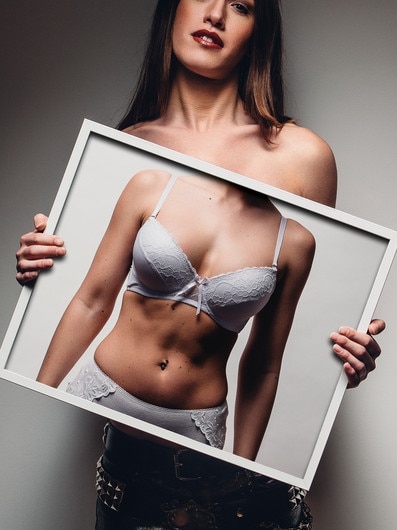
They waited eight months for an appointment at the Queensland Children’s Hospital Gender Clinic, which they have now attended every four months for more than two years. They meet psychologists who ask questions like “Do you still feel this way? What does that look like? How do you see yourself in the future?”
About nine weeks ago, June’s son started testosterone injections. He is 15 years old. But, she says, having been a single parent to her child for many years, there was a lot of grief associated with it.
“It’s not really that you’re grieving the child; it’s that you’re grieving all the expectations you’ve had from when they were born,” she says. “Whether they like pink or purple, or wanted to play football or wanted to dance. Or, whether you thought, based on their personality, they’re going to make a really good, whatever. And then they say, I don’t want to be that, I want to be this. But that degree of separation is huge.
“I’m still grieving. The acute grief. The grief that has you crying every day in the shower, probably lasted a week. And then it would come in bits. I sought counselling for that. It was a lot of reframing … a lot of work, probably over two years … Now it’s much, much less and very, very private.”
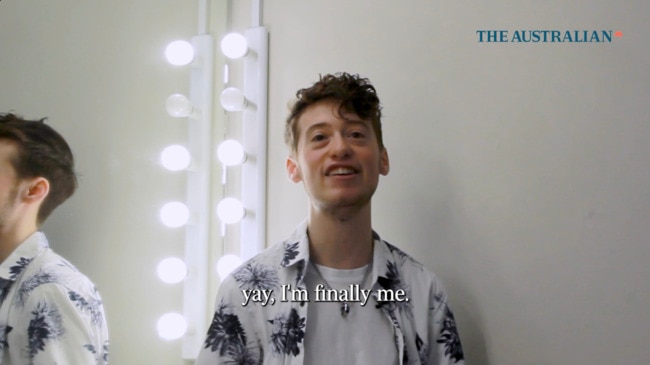
Millie’s story: ‘I wish I had never allowed her to buy a binder’
For mother of one Ellie, grief is also a daily part of life. But so is anger. The mother burns with rage at a medical system that never addressed her autistic daughter’s underlying health issues, and she now rails against a trans ideology that she believes erases biological sex.
Upon the onset of puberty, Ellie’s daughter Millie experienced extreme distress at her “disabling and horrible” periods that were so painful she would frequently end up in the emergency department. That was all on top of myriad sensory and digestive issues that caused the teenager trauma. Yet whenever gender was mentioned at medical appointments, all of Millie’s issues were attributed to transgenderism.
“At one point my child demanded that I take down all the photos of her around the house, because that person was dead,” Ellie says. “Every psychologist said: ‘What’s wrong with that? Just take the pictures down’. I wish I had never taken the pictures down. I wish I had never allowed her to buy a binder which I helped her buy, because all these professionals are saying ‘there’s nothing wrong with that’. Now I think there’s plenty wrong with that.
“But we went along with it, because our family life had gone to shit. We could see we had a very unhappy child in our midst. We just wanted to be a happy family. It was so difficult to watch all of the curiosity and spark of your child just disappear.”
For some of the parents of girls who have rejected their birth gender, there is an overwhelming feeling that for their daughters, the transgender movement has erased what it is to be female.
“Are we talking about gender dysphoria or body dysmorphia?” Ellie says. “For me if you’re going to talk about gender you’ve got to talk about sex, and we never talk about sex in any of these conversations. It’s just some weird magical notion of gender … To say I have to affirm my daughter as a boy is saying to me, that I have to support my child in her hatred of her body. It means I have to celebrate her fleeing from womanhood. It means I have to celebrate erasing her childhood.”
Ellie’s child is now 19, and has been taking cross-sex hormones. She has grown hair all over her body and put on weight, but is miserable and has few friends. Ellie suspects her child regrets the medical transition. “I live with a ghost,” Ellie says. “My grief is enormous. I live with one person, but the person that might have been is there all the time. And yet, we love her and we would never abandon her. And this is how we are. And it’s so profoundly sad.”
All names in this story have been changed to protect the person’s identity

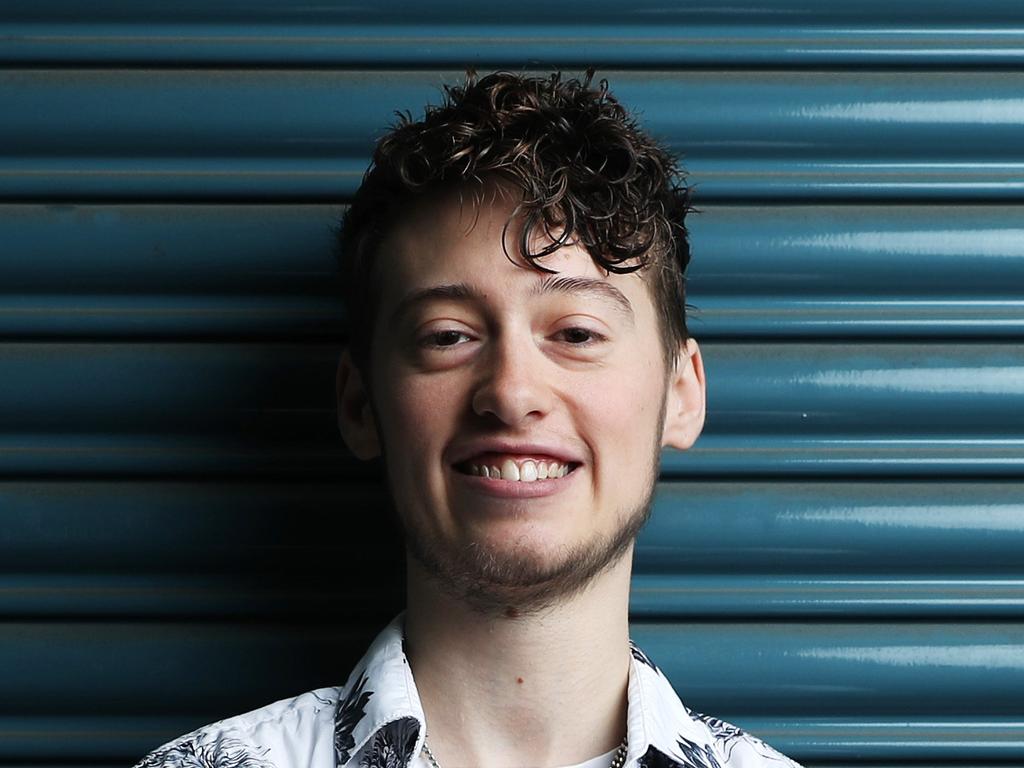
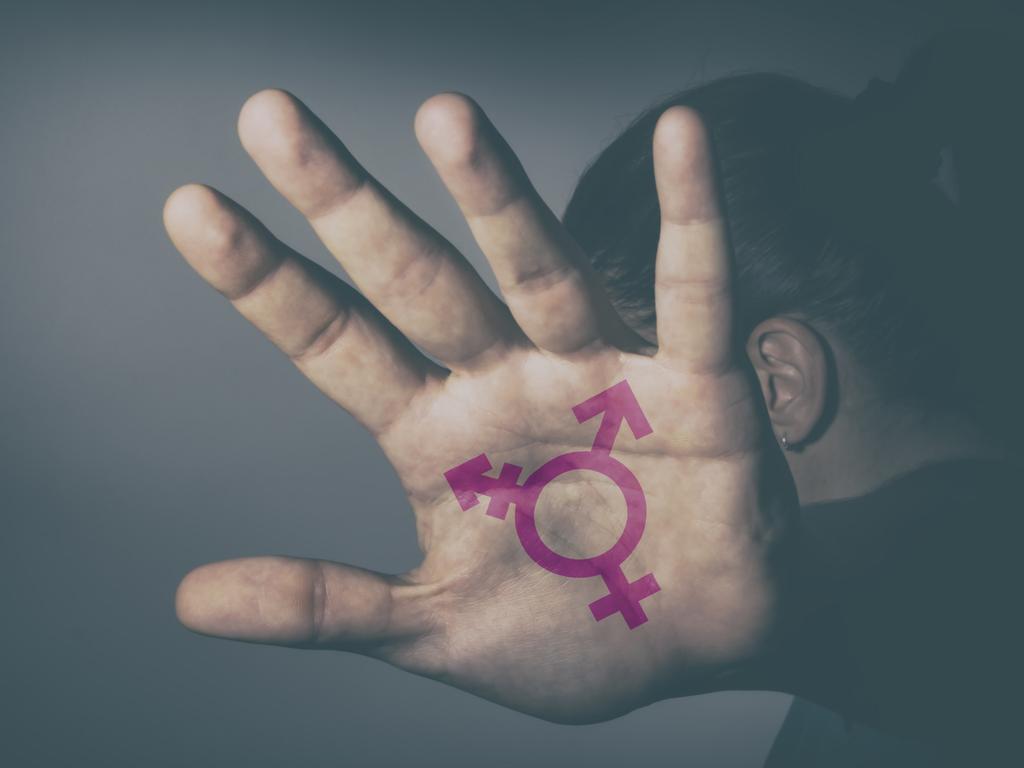


To join the conversation, please log in. Don't have an account? Register
Join the conversation, you are commenting as Logout